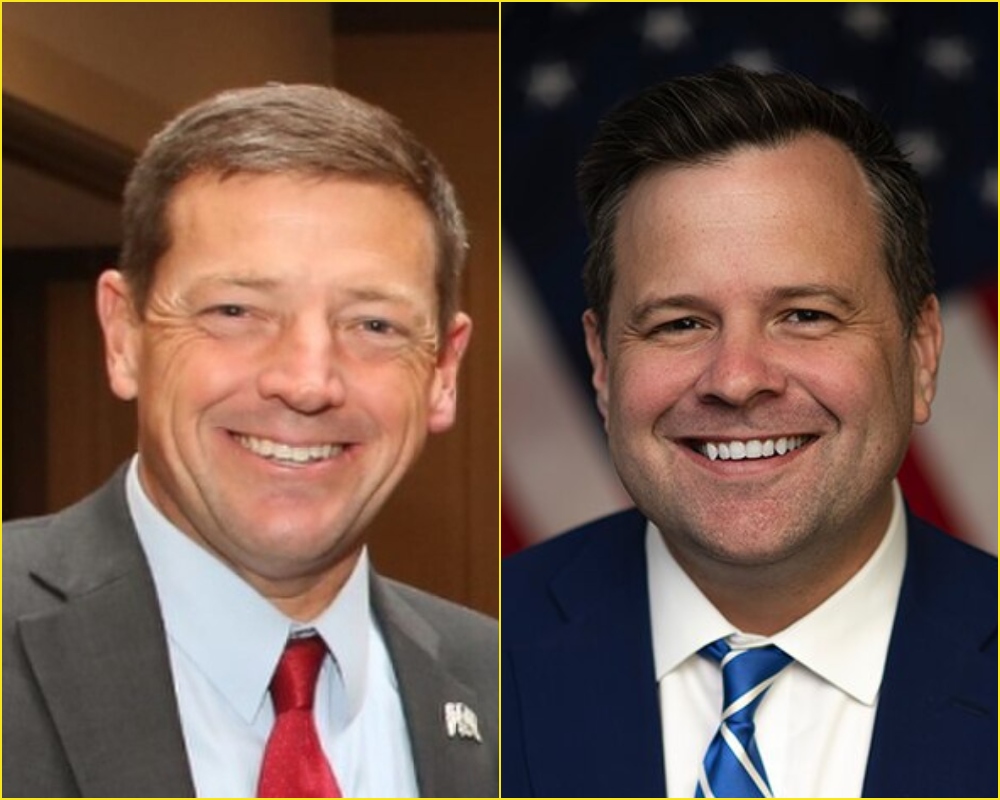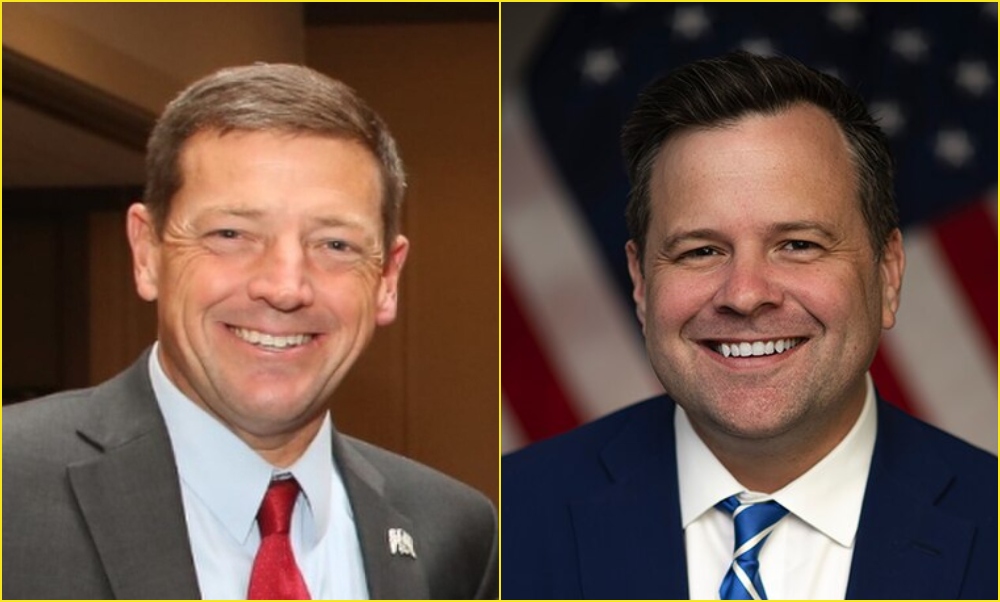A federal grand jury in Maryland is investigating whether senior Trump officials improperly inserted unauthorized individuals into sensitive mortgage fraud investigations involving two of the president’s most outspoken critics, Sen. Adam Schiff and New York Attorney General Letitia James.
The inquiry, according to a report by Mediaite and based on new revelations from MS NOW journalists Ken Dilanian and Carol Leonnig, centers on Federal Housing Finance Agency Director Bill Pulte and Justice Department official Ed Martin.
Prosecutors are examining whether the pair enlisted outside operatives—people with no formal mandate or legal authority—to participate in federal investigative work targeting political figures critical of the Trump administration.

A New Layer in a Politically Charged Legal Fight
According to Mediaite, the grand jury is reviewing evidence suggesting the mortgage fraud probes involving Schiff and potentially Letitia James may have been “tainted” by the involvement of these unauthorized actors. Two individuals familiar with the matter, along with a document reviewed by MS NOW, say investigators are now focused on whether Pulte and Martin’s methods violated federal procedure and compromised the integrity of the cases.
The disclosure adds another twist to a series of high-stakes legal battles that have thrust questions of political retaliation and due process back into national view.
Last month, New York Attorney General Letitia James—who oversees multiple civil and criminal actions involving Trump—was indicted on mortgage fraud charges. She pleaded not guilty and accused the Trump-aligned Justice Department of weaponizing its authority, calling the case an “act of retribution.” At the same time, Trump continued publicly urging prosecutors to pursue an indictment against Schiff, one of the lawmakers who led his first impeachment.
A Justice System Under Scrutiny
The Maryland grand jury probe comes just days after a separate judge issued a blistering ruling in yet another Trump case, finding that prosecutor Lindsey Halligan made “numerous critical errors” in proceedings involving former FBI Director James Comey. The judge warned that the grand jury process itself may have been “tainted,” a term now appearing with uncomfortable frequency in cases linked to Trump’s Justice Department.
Taken together, the developments paint a picture of an investigative apparatus that may have blurred the line between law enforcement and political score-settling.
Why the Stakes Are High
Investigations of this type often rely on strict protocols governing who can participate, what information they can access, and how each investigative step is documented. Introducing unauthorized individuals could undermine not only the cases themselves but also public trust in federal law enforcement—especially in politically sensitive probes.
Schiff and James have repeatedly argued that Trump and his allies sought to use the machinery of government to punish opponents. If Maryland grand jurors conclude that unauthorized operatives were involved, it could bolster those claims and destabilize ongoing prosecutions.
The Justice Department and the Federal Housing Finance Agency have declined public comment, and neither Pulte nor Martin has responded to requests for explanation.
For now, the grand jury’s work unfolds behind closed doors. But the investigation represents a rare moment in which the conduct of those directing federal power—not just those targeted by it—is at the center of potential criminal scrutiny.

